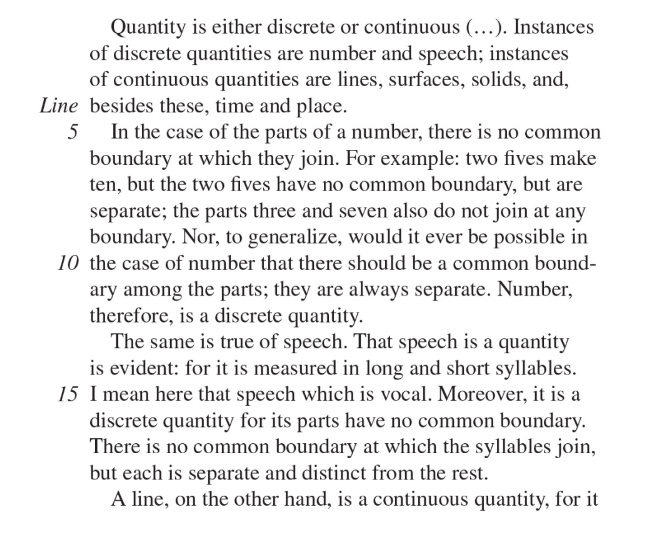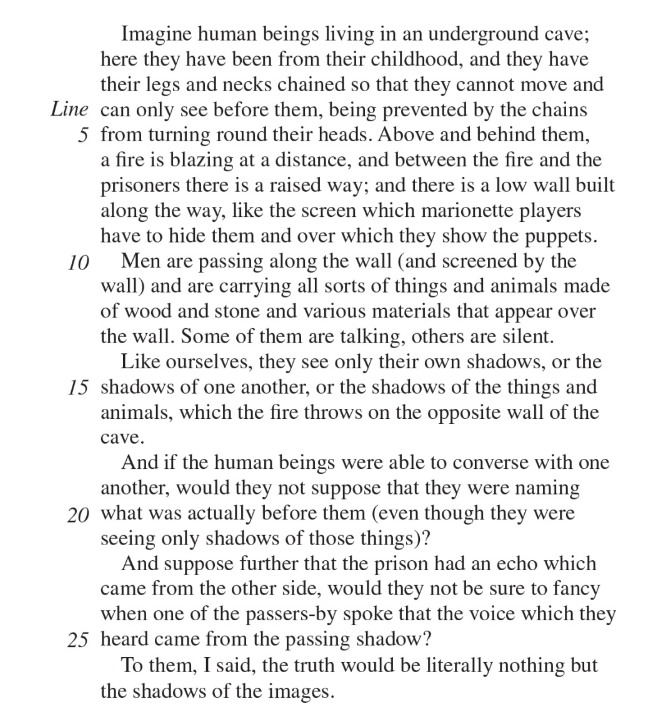AP Lang - Unit 2 (Basic Rhetorical Modes)
1/10
Earn XP
Description and Tags
Name | Mastery | Learn | Test | Matching | Spaced | Call with Kai |
|---|
No analytics yet
Send a link to your students to track their progress
11 Terms
Rhetorical Modes
Ways of using language that are intended to have an effect on the audience.
Example of Classification
- Aristotle divides quantity into two categories (discrete and continuous).
- The examples he uses to illustrate the nature of his categories reveal much about his interests: time, space, language, and mathematics.
- This is a well-organized passage: categories well-defined and Aristotle clearly explains how the members of each category have been classified.

When and How to Use Classification
- When you’re asked to analyze and explain something.
- Make sure you have a central idea (thesis).
- Sort your information into meaningful groups.
- Make sure you have a manageable number of categories—three or four.
What Not to do With Classification
- Do not use overlapping categories.
- Do not justify your classification unless this is somehow necessary to address a very bizarre free-response question.
Illustration
Using examples to substantiate an argument or point.
When and How to Use Illustration
- Use for expository writing (writing that explains or informs) to explain abstract or difficult ideas.
- Use examples your reader will identify with and understand.
- Draw examples from real life & culture (literature, art, classical music, folklore).
What Not to do with Illustration
Do not use examples that will not make sense to the reader or will require too long to analyze.
Analogy
Comparing difficult or abstract concepts with easier or concrete ones.
Example of Analogy
- Socrates uses this analogy to explain that we think we see things just as they really are in our world, but we really only see reflections of a greater truth, an abstraction that we fail to grasp. - The cave is our world; the shadows are the objects and people that we “see.”
- We are like the prisoners since we’re not free to see what creates the shadows; the truth, made up of ideal forms, is out in the light.

When and How to Use Analogy
- Use for expository writing (writing that explains or informs) to explain abstract or difficult ideas.
- Ensure audience readily understands the concrete subject.
What Not to do With Analogy
Never use in argumentative writing or compare to something that the audience is not likely to understand.